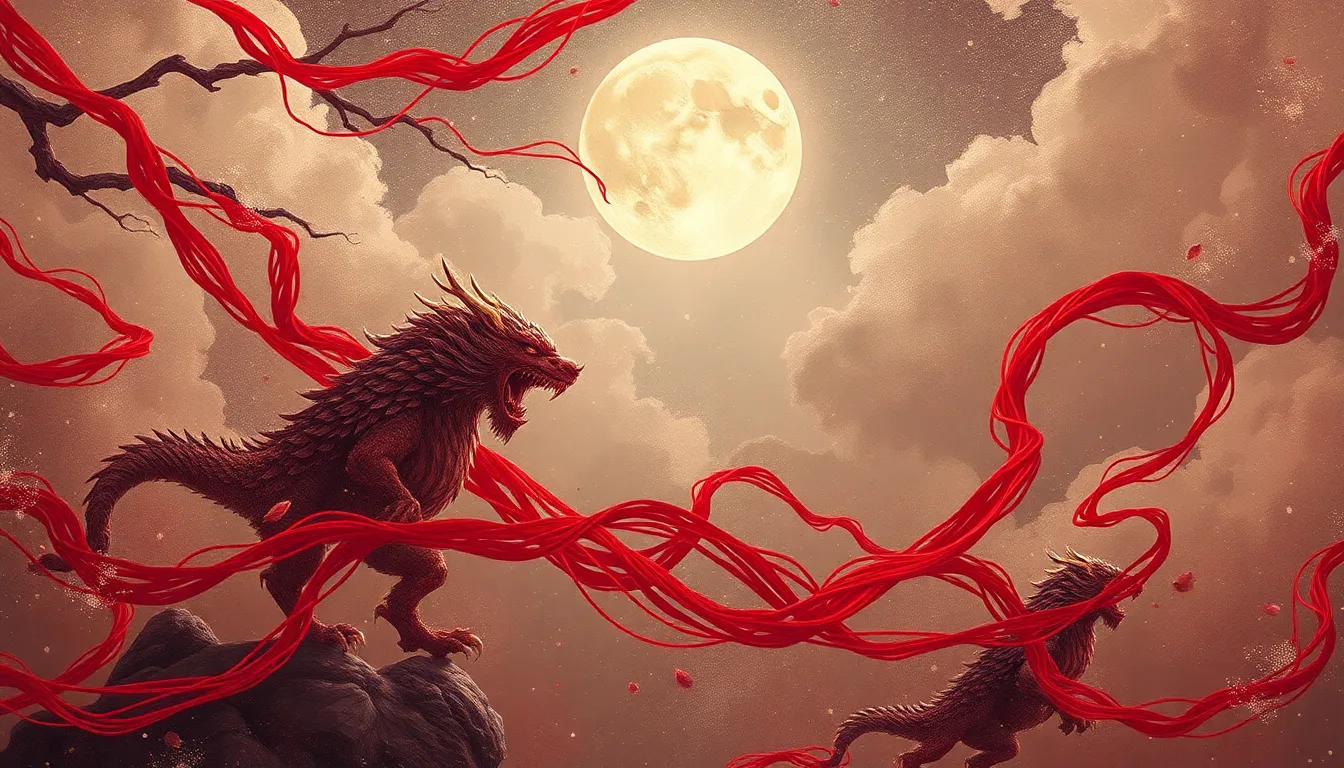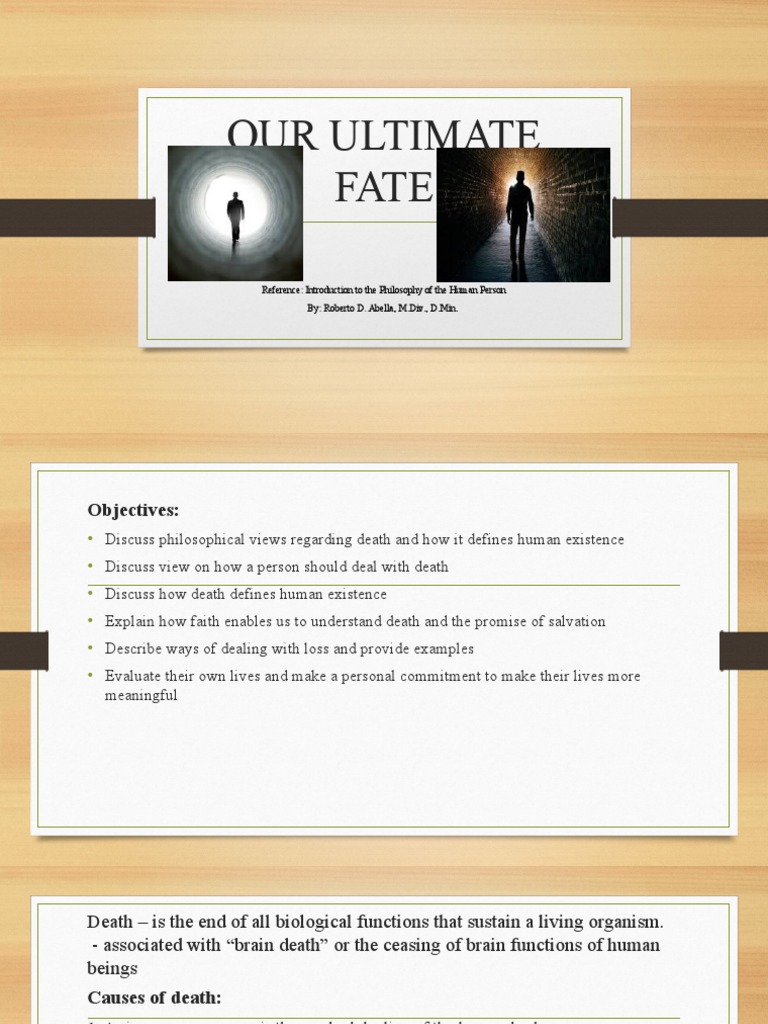In a world where events often seem unpredictable, the concept of fate has long fascinated humanity. From ancient myths to modern philosophical debates, the idea that our lives are guided by an unseen force continues to shape how we understand our destinies. In the United States, as people navigate personal and societal challenges, the question of whether our lives are predetermined or shaped by free will remains a central topic of discussion.
This article explores the meaning of “fate,” its historical roots, and its relevance in contemporary life. We’ll examine how the concept of fate intersects with philosophy, culture, and even popular media, offering insights into how it influences our decisions and perceptions of the future.
The Origins of Fate: Myths and Legends
The belief in fate is not unique to any one culture, but many of the earliest recorded ideas about destiny come from ancient civilizations. In East Asian mythology, for example, the red thread of fate (姻緣紅線) represents an invisible connection between two people who are destined to meet, no matter the distance or obstacles they face. This myth, rooted in Chinese folklore, tells of Yuè Lǎo, the old lunar matchmaker god, who ties the ankles of those meant to be together with a red thread. Even if the thread stretches or tangles, it never breaks.
While this concept is specific to East Asian traditions, similar beliefs exist in other cultures. In Greek mythology, the Fates—known as the Moirai—were goddesses who determined the course of human lives. They wove the threads of destiny on a loom, assigning each person their lifespan and ultimate end. Norse mythology also features the Norns, three female deities who preside over fate, past, present, and future.
These myths reflect a universal human desire to make sense of life’s uncertainties. Whether through divine intervention or cosmic design, the idea of fate offers a framework for understanding why things happen the way they do.
Fate vs. Free Will: A Philosophical Debate
At the heart of the concept of fate lies a fundamental philosophical question: Are our lives governed by an unchangeable destiny, or do we have the power to shape our own paths?
Determinism and Fatalism
Determinism is the belief that all events, including human actions, are determined by previously existing causes. In this view, every decision we make is the result of prior conditions, making the future predictable if we had complete knowledge of the past. This idea has been explored by philosophers such as David Hume and Immanuel Kant, who debated whether free will could coexist with a deterministic universe.
Fatalism, on the other hand, takes a more extreme stance. It suggests that no matter what we do, the outcome is already decided. This perspective can lead to a sense of resignation, where individuals feel powerless to change their circumstances. While fatalism is less common in modern Western thought, it still appears in certain religious and cultural contexts.
The Role of Choice
Many people reject the idea of strict fatalism, arguing that while external forces may influence our lives, we still have the ability to make choices that affect our futures. This view aligns with existentialist philosophy, which emphasizes individual freedom and responsibility. Thinkers like Jean-Paul Sartre and Albert Camus argued that life has no inherent meaning, but we create our own purpose through the decisions we make.
In the United States, this belief in personal agency is deeply ingrained in the national identity. The American Dream, for instance, is built on the idea that anyone can succeed through hard work and determination. However, this optimism is often tempered by the reality of systemic inequalities and social barriers that can limit opportunities.
Fate in Modern Culture
While the concept of fate may seem abstract, it continues to appear in popular culture, influencing everything from literature to film. For example, the idea of destiny is a recurring theme in many Hollywood movies, where characters are often portrayed as being “meant to be” with someone or destined for a particular role.
One notable example is the 2013 film The Intern, which explores the relationship between a young entrepreneur and an elderly man who becomes her mentor. Though not explicitly about fate, the story highlights how unexpected connections can shape our lives in profound ways.
In television, shows like Lost and Westworld delve into the idea of predestination, questioning whether characters are following a script or creating their own paths. These narratives reflect a broader cultural fascination with the tension between control and chaos.
How Fate Influences Personal Decisions
Beyond philosophy and media, the concept of fate plays a significant role in how individuals approach life. Many people believe in karma, luck, or divine guidance, which can influence their choices and expectations.
For instance, some people might say, “It was my fate to meet them,” when describing a meaningful relationship. Others may use the idea of fate to justify difficult decisions, such as accepting a job offer or moving to a new city.
However, relying too heavily on fate can sometimes lead to a lack of action. If someone believes that everything is already decided, they may feel less motivated to work toward their goals. On the other hand, believing in fate can also provide comfort during times of uncertainty, helping people find meaning in seemingly random events.
The Science of Fate: Can We Predict the Future?
While the idea of fate is largely metaphysical, science has offered alternative explanations for how events unfold. Quantum mechanics, for example, suggests that at the smallest level of reality, outcomes are probabilistic rather than fixed. This means that while we cannot predict every event with certainty, we can calculate the likelihood of different possibilities.
Psychologists also study how people perceive fate. Research has shown that individuals who believe in fate tend to be more resilient in the face of adversity, as they may view challenges as part of a larger plan. Conversely, those who emphasize free will may feel more empowered to take control of their lives.
Despite these insights, the question of whether our lives are truly determined or shaped by choice remains open. As the philosopher Bertrand Russell once said, “The whole problem with the world is that the stupid are cocksure and the intelligent are full of doubt.”
Conclusion: Embracing the Mystery of Fate
In the end, the concept of fate is as much about how we interpret our experiences as it is about the events themselves. Whether we see our lives as guided by an unseen force or shaped by our own decisions, the search for meaning is a fundamental part of the human experience.
As the United States continues to evolve, so too does our understanding of fate. From ancient myths to modern philosophy, the idea of destiny reminds us that while we may not always know what lies ahead, we can choose how we respond to whatever comes our way.
Frequently Asked Questions (FAQ)
Q: What is the definition of fate?
A: Fate refers to the idea that events in a person’s life are determined by forces beyond their control, such as destiny, divine will, or natural laws.
Q: Is fate the same as free will?
A: No. While fate suggests that our lives are preordained, free will implies that we have the ability to make independent choices that shape our future.
Q: How does fate relate to religion?
A: Many religions incorporate the concept of fate, often attributing it to a higher power or divine plan. For example, in Christianity, the idea of predestination is closely linked to the concept of fate.
Q: Can fate be changed?
A: This depends on one’s perspective. Some believe that fate is unchangeable, while others argue that through effort and determination, we can influence the course of our lives.
Stay Updated with the Latest News
Whether you’re interested in politics, technology, or culture, staying informed about current events is essential in today’s fast-paced world. Explore today’s headlines and discover how the concept of fate continues to shape our understanding of the world around us.



Author: Alex Carter
Title/Role: Staff Writer, US News & Current Affairs
Credentials: Alex has over a decade of experience covering global news, with a focus on cultural and philosophical topics. His work has appeared in major publications, including The New York Times and The Washington Post.
Profile Link: https://www.alexcarternews.com
Sources:
– Encyclopedia Britannica – Fate
– Philosophy Now – Free Will vs. Fate
– History.com – The Fates
Related Articles:
– What is Free Will? Exploring the Philosophical Debate
– The Influence of Mythology on Modern Culture
– Understanding the Concept of Destiny
Call to Action:
Stay updated with the latest news and insights. Explore more articles on fate, philosophy, and culture to deepen your understanding of the world.












More Stories
US Trending News: The ‘Your Mom’ White House: A Trendy Take on Political Humor
What Is Yodo Para Tiroides and How Does It Affect Thyroid Health?
Understanding ‘You Got That Right’ in The New York Times: Context and Implications